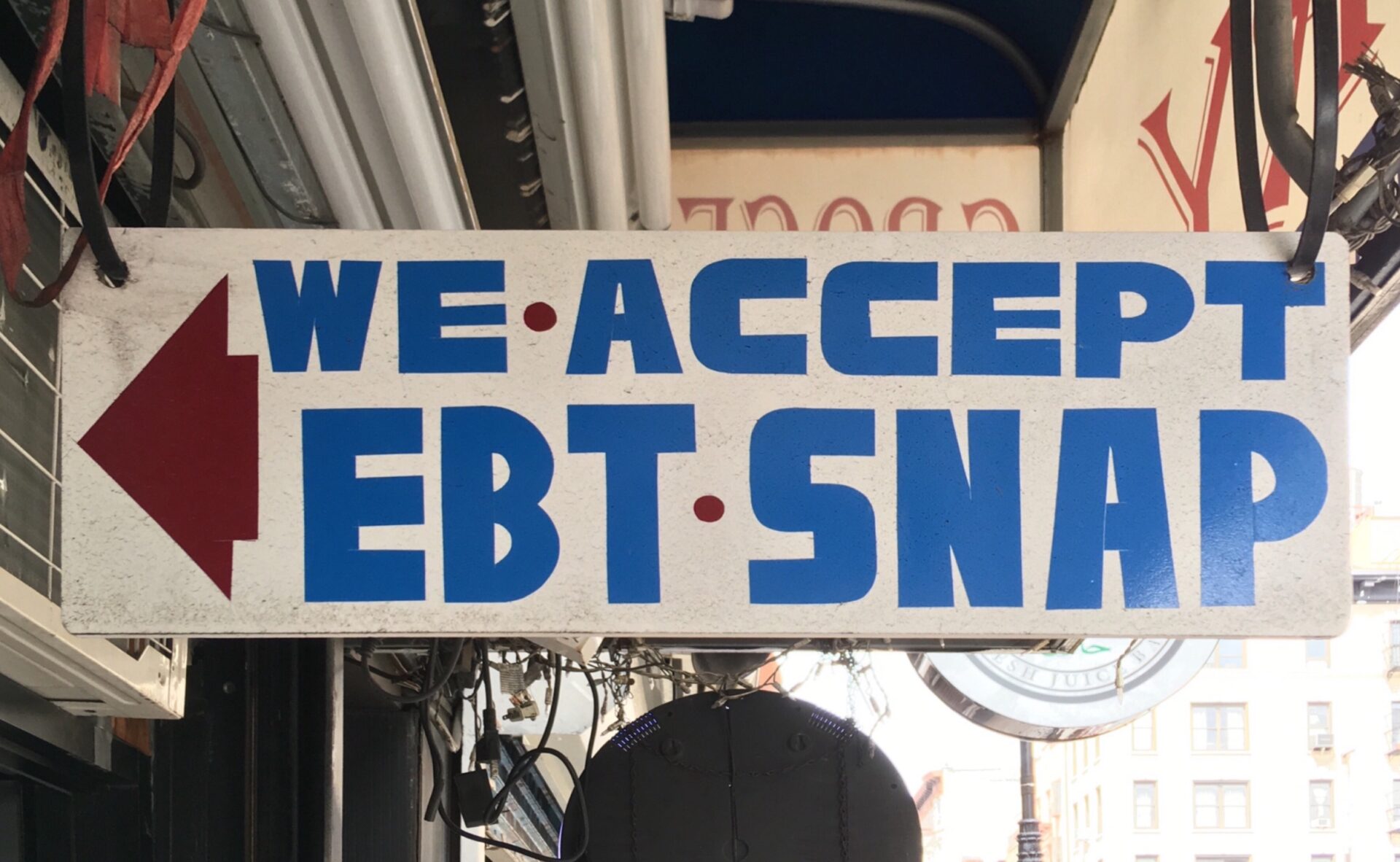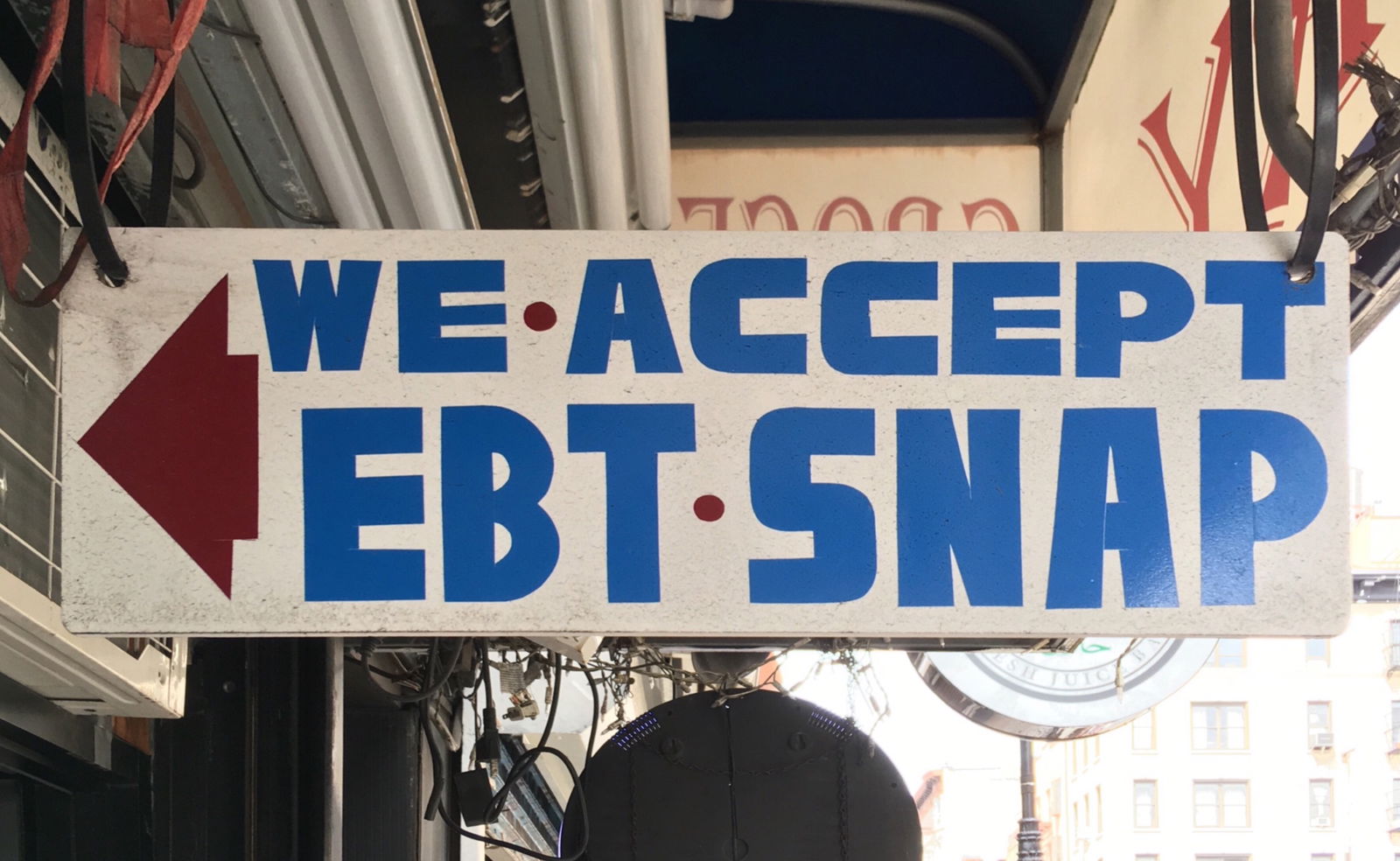
October 15, 2025
If recipients fail to meet work standards, they can only receive benefits for up to three months.
Able-bodied adults should take heed of new requirements that could impact whether or not they get SNAP benefits next month.
The Supplemental Nutritional Assistance Program helps Americans with the funding needed to purchase food. According to The Hill, 42 million people in the U.S. currently rely on the assistance program. However, in the wake of Trump’s Big Beautiful Bill, which went into effect in July, new changes are on the way that could affect many recipients.
The Big Beautiful Bill has ended a waiver program that many states have used to opt out of work requirements. While this program was initially set to end in February 2026, the Trump administration has pushed this expiration to November. Now, counties that directly oversee SNAP implementation must comply with the new regulations.
The news specifically impacts ABAWDs, able-bodied individuals, up to age 64, with no dependents. These applicants must certify that they will work up to 80 hours a month. This work can also count as school studies or volunteer hours, but it must be completed to receive SNAP benefits.
If they fail to meet these standards, they can receive benefits for only up to 3 months. The update also expands who must comply with this stipulation. Previously, exceptions included adults over 55 and people with dependents under 18. Now, only people with dependents under age 14 are exempt. Veterans, unhoused people, and young adults transitioning out of foster care must also prove they meet this work requirement.
However, not everyone fitting this criteria will have to seek immediate employment or school. Native Americans and those living in areas with an unemployment rate of 10% or more do not have to meet this requirement. The latter will be able to qualify for a waiver.
On the other hand, immigrants, including refugees, those granted asylum, and human trafficking survivors, will lose their SNAP benefits due to the stripping of “non-citizen eligibility.”
The bill will introduce significant cuts to the food assistance program. This also means more responsibility on the states to support it. States with a higher percentage of errors in SNAP administration will have to cover a greater share of the cost in upcoming years. Given these new financial constraints, experts believe reductions, if not outright cancellations, of SNAP benefits will likely occur.
RELATED CONTENT: SNAP Increases Income Eligibility Requirements


